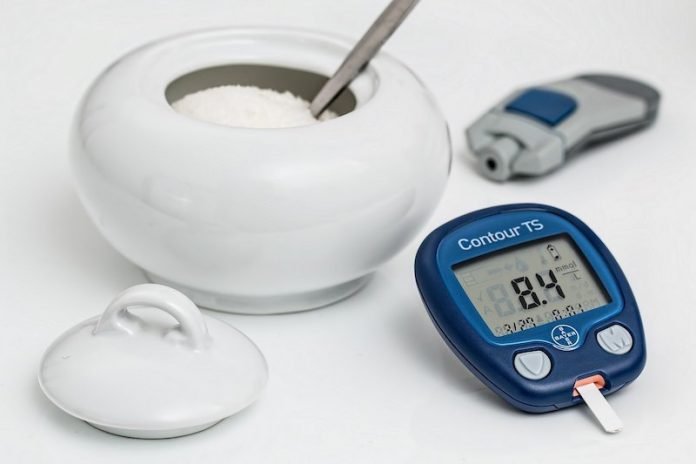
In a new study, researchers found that a new once-weekly basal insulin injection demonstrated similar efficacy and safety and a lower rate of low blood sugar episodes compared with daily basal insulin.
They compared a new drug called basal insulin Fc (BIF) with insulin degludec, a commercially available long-lasting daily insulin, in patients with type 2 diabetes.
They that BIF has promise as once-weekly basal insulin and could be an advancement in insulin therapy.
The reduced number of injections with weekly insulin may improve adherence to insulin therapy, which could result in better patient outcomes than for daily basal insulins.
Once-weekly dosing also may increase the willingness of patients with type 2 diabetes to start insulin therapy when oral medication alone no longer gives adequate blood glucose control.
The research was conducted by a team at the National Research Institute in Los Angeles.
In the study, the team examined 399 patients. All patients had type 2 diabetes and were previous users of basal insulin combined with oral anti-diabetic medications.
The patients received assignments to one of three treatment groups: once-weekly injections of BIF at one of two different doses or the standard once-daily injections of insulin degludec.
The team found compared with insulin degludec, patients taking BIF achieved similar long-term blood glucose control, as measured by hemoglobin A1c.
Additionally, BIF use resulted in much lower rates of hypoglycemia, or low blood sugar (less than 70 mg/dL).
Severe untreated hypoglycemia is a dangerous complication that can cause seizures, loss of consciousness and death.
The team says BIF has the potential of a flatter and more predictable action than the current daily basal insulins, which may have contributed to the lower rates of hypoglycemia.
The study was presented at ENDO 2021. One author of the study is Juan Frias, M.D.
Copyright © 2021 Knowridge Science Report. All rights reserved.



